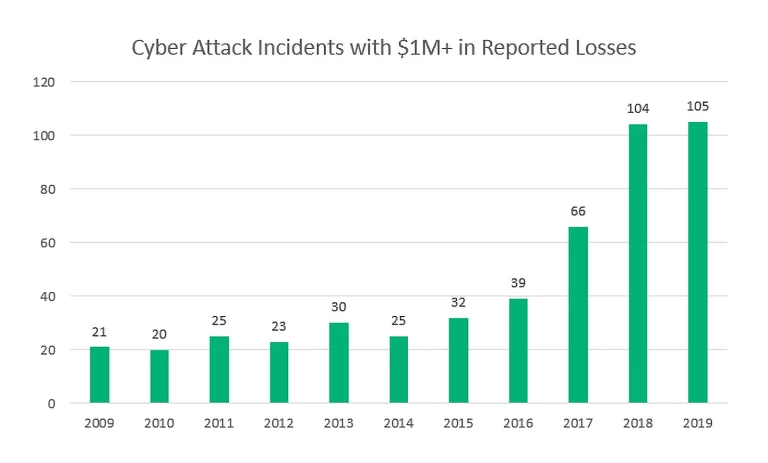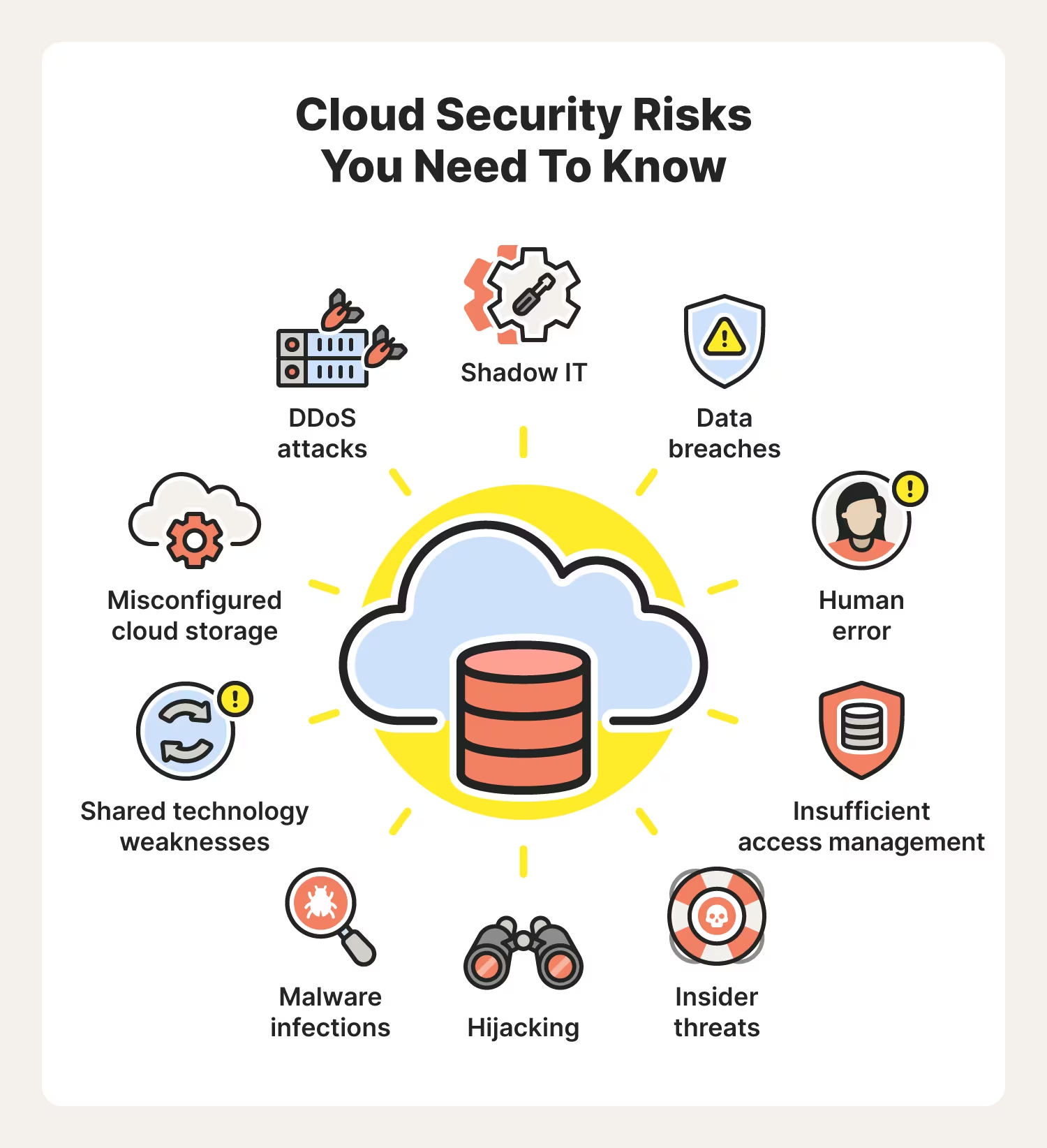Everything comes at a cost, even peace of mind. That’s why, although managed IT services do involve an investment, the benefits typically out way the expense in the long run.
Reputational protection, consumer liability, peace of mind and more are on the table when considering IT managed services, but that doesn’t mean making the business case to the C suite is always easy. Fortunately, there are practical, financial, and business-oriented reasons to opt for managed services — and lead these difficult discussions.
The Benefits of IT Managed Services
Managed IT services refers to the practice of outsourcing IT responsibilities to a third party. These responsibilities may include:
- Cloud storage
- Server maintenance
- Data backup and disaster recovery
- Authentication
- Network monitoring and security
- Systems administration
- Infrastructure management
The demand for managed services, in general, has grown exponentially. The global managed services market was valued at $152bn in 2020 and is expected to reach $274bn by 2026. This increase in demand is largely attributed to SMBs who need the latest technology in order to sustain a competitive edge and growth but lack the IT budget to achieve those goals.
Managed IT services essentially allow SMBs to compete at the same level as middle market and enterprise-level organizations, without overburdening their employees.
Using managed IT services entails a number of important benefits:
The Ability to Focus on Core Objectives
As your organization grows, so too will your IT needs. Your current IT team might be able to handle some of the increased workload, but there’s always the possibility of those employees becoming overwhelmed and unable to scale. Also, giving additional responsibilities to employees who aren’t on the IT team will just distract from your core objectives.
Managed IT services, however, will free up your employees to focus on the tasks they were hired to carry out. A qualified managed services provider will offer a flexible service model, allowing you to determine what level of service you need, from taking care of just one aspect of IT to outsourcing the entire IT department.
A High Level of Expertise
New technology requires a new skill set and level of knowledge, which your current IT team may be lacking. You can, of course, solve this problem by recruiting new team members, but the cost of hiring and training new employees can be astronomically high, as well as time-consuming. It can take an average of 42 days to fill a position, costing $4,129 per hire and more than $1,500 on training (in a small company).
One crucial advantage of the managed IT services model is that it allows you to hire an entire team of IT professionals at a flat monthly rate. Some managed service providers (MSPs) may also have a shared approach to managed services, allowing you to add or remove specialists from your managed services team, based on the demands of individual projects.
Specialists include technical, functional, architectural, and training consultants who can keep your systems running smoothly, as well as help you to unlock their full potential.
Scale Up or Down as Needs Change
When your technology needs evolve over time, you’ll need to scale your system either up or down to accommodate those needs. There are systems like Dynamics 365 that are highly scalable by design, but you might still require additional assistance. The benefit of MSPs is that they can respond to changes in technological demands in real-time. This means you never have to worry about system downtime and, in turn, lost productivity and profits.
You should make sure that you hire an MSP that not only has hundreds of consultants available but also offers advanced services like proactive monitoring, upgraded services release management, and reporting. This will enable you to get the greatest value and scalability.
Quality Support When You Need It
When you hire an MSP, you never need to worry about getting support because most MSPs offer 24/7 availability, on-call options, and weekend support (although you should be aware that these are often offered as costed options). When you’re looking for an MSP to use, look for a global company that can support multiple time zones while offering round-the-clock support.
Avoid Expensive Downtime
Network downtime can cost businesses as much as $5,600 per minute (over $300k per hour). The longer it takes your IT team to solve a technological issue or cybersecurity incident, the greater the cost will be. MSPs, however, take a proactive approach to maintenance. They use remote monitoring and management to identify, diagnose, and troubleshoot potential issues before they even arise.
In the unlikely event that a security incident does arise, an MSP can provide expert data backup and disaster recovery services, helping you to get your systems back online as quickly as possible.
Support for Security and Compliance
Every company needs to maintain its data in a secure way that is compliant with relevant industry regulations. Unfortunately, an MSP can’t handle corporate compliance needs on your behalf. However, your MSP can partner with your legal team and find out which regulations it should be aware of and then ensure that your systems meet those requirements.
If an MSP can meet all of the above requirements, then this is a clear sign that the provider is reliable and effective. IT managed services will help to ease your workload, keep your systems up and running, and enhance the long-term success and reputation of your organization.
Cyberlocke is a comprehensive, full-service IT services provider that architects and implements efficient and secure solutions for enterprise customers and their data centers. We specialize in security, cloud, managed services, and infrastructure consulting. Contact Us today to learn more.


